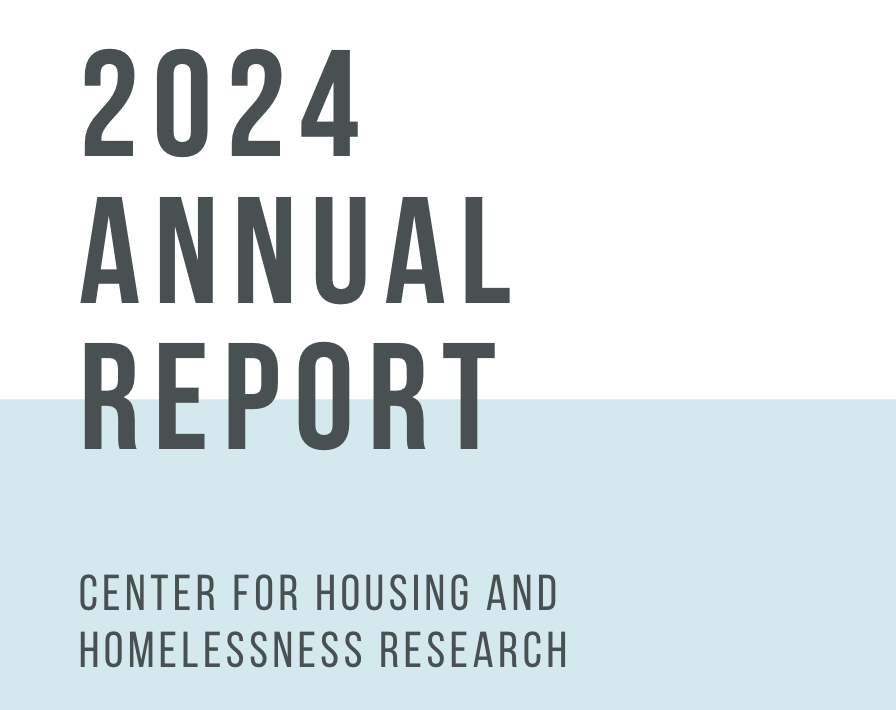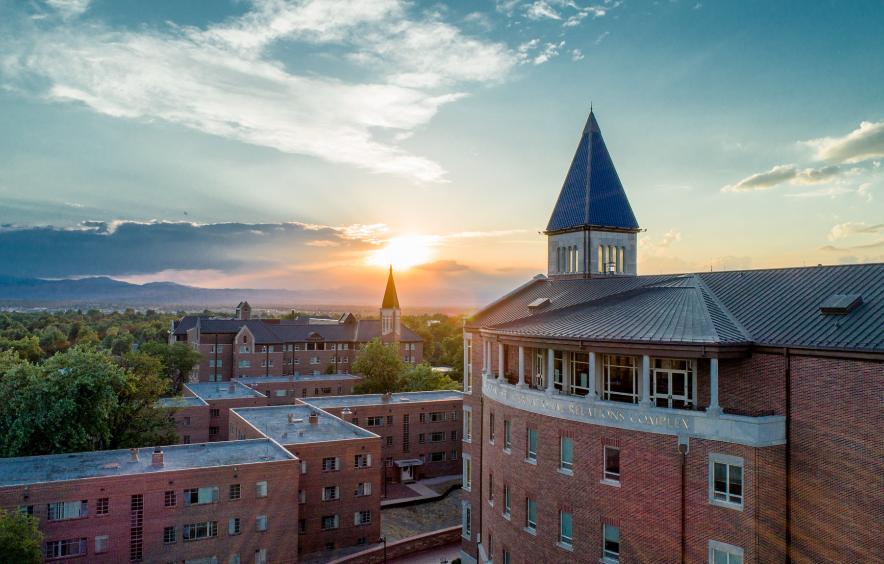The Center for Housing and Homelessness Research
Colorado faces numerous challenges as it responds to the needs of a growing population of individuals, families and communities experiencing homelessness and other issues related to housing security—issues such as behavioral health, socioeconomic status, NIMBYism and access to affordable housing.
Housing security and homelessness are among our most pressing social justice imperatives, and while there is no single solution — or even a single definition of homelessness — data-driven research, policy and practice are key to addressing housing security issues and ending homelessness in America. The Center for Housing and Homelessness Research (CHHR) provides information and expertise to communities, policymakers and practitioners to transform the lives of people experiencing poverty, housing insecurity and homelessness by improving access to resources and increasing opportunities and choices.
2024 Annual Report
Addressing Housing Security
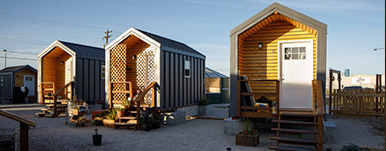
Denver Tiny Home Village
We evaluated Denver’s first tiny homes community for people experiencing homelessness, finding that neighbors reported few issues with the village and no increase in crime associated with its introduction.
Read More
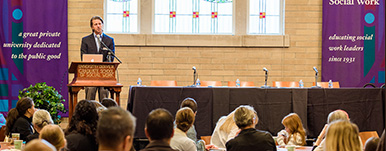
Grand Challenge to End Homelessness
Our Grand Challenges for Social Work workshop brought together local community leaders and national scholars to discuss how issues of homelessness play out locally and affect particular populations.
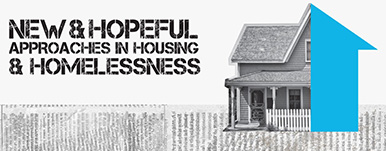
New Approaches to Housing & Homelessness
We brought together a wide array of community members to learn about innovative approaches to housing and homelessness, including empty-home taxes, universal basic incomes and accessory dwelling units.

